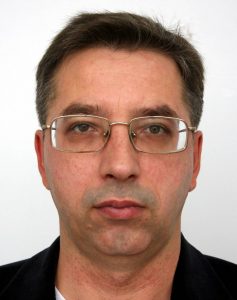Symposium “Structural biology and pharmacology: computational and experimental approaches”
Section “Structural biology of proteins, nucleic acids and membranes”
The section “Structural Biology of Proteins, Nucleic Acids and Membranes”, held within the framework of the Symposium “Structural Biology and Pharmacology: Computational and Experimental Approaches”, focuses on the latest advances in understanding the structure and function of biomolecules. Topics include the atomistic study of the structural organization and dynamic behavior of these key cell objects, analysis of the complex networks of molecular interactions between them, molecular modeling and simulation, drug-biomolecule interactions, and integrative approaches combining computational and experimental techniques. The section also highlights the growing role of AI and machine learning in structural biology, enabling the prediction and analysis of complex biomolecular systems. Join us to explore the cutting-edge research and technologies driving progress in this field.
 |
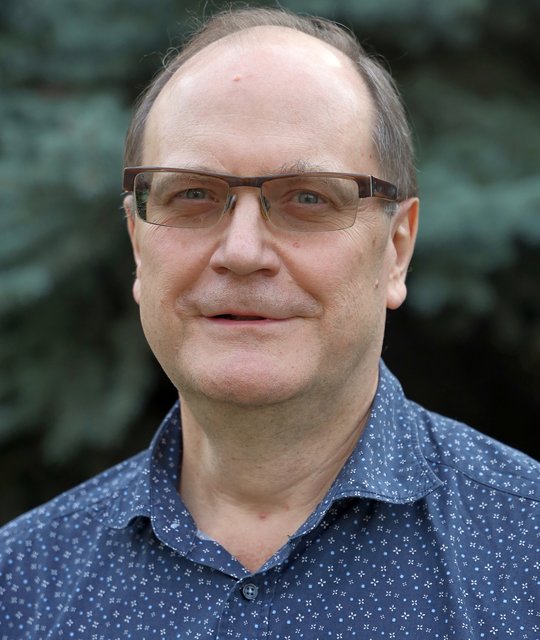 |
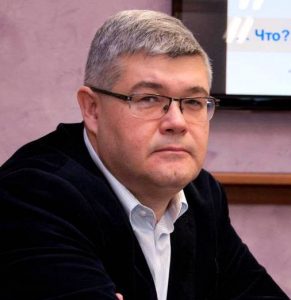 |
|
Alexander Lomzov, |
Roman Efremov, |
Dmitry Zharkov, |
|
|
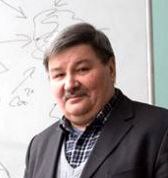 |
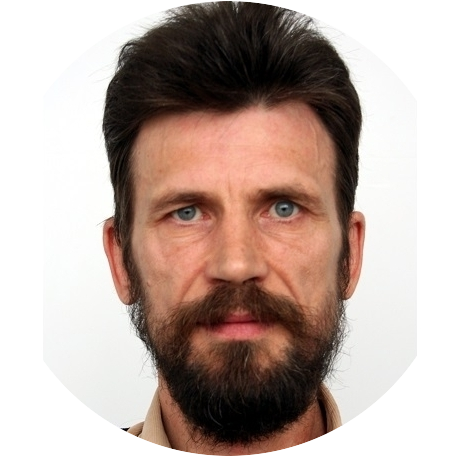 |
|
Igor Titov, |
Eugene Vysotski, |
Владимир Александрович Иванисенко, Институт цитологии и генетики СО РАН, Новосибирск, Россия |
Section “Cheminformatics and chemical biology”
The Section “Pharmacology, Cheminformatics and Chemical Biology” of the Symposium “Structural Biology and Pharmacology: Computational and Experimental Approaches” is dedicated to in silico drug discovery. Main section topics include (but are not limited to):
- Systems Pharmacology;
- AI/ML Methods: Possibilities and Limitations;
- Generative Models: Promises and Overexpectations;
- Target-Based Approach;
- Ligand-Based Approach;
- Case Studies: Successful Results and Challenges Ahead.
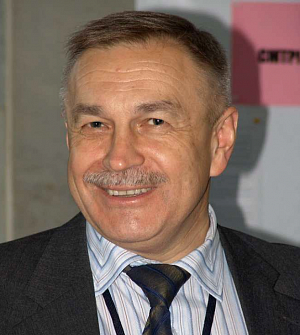 |
 |
|
Vladimir Poroikov, |
Alexander Lomzov, Institute of Chemical Biology and Fundamental Medicine SB RAS, Novosibirsk, Russia |


